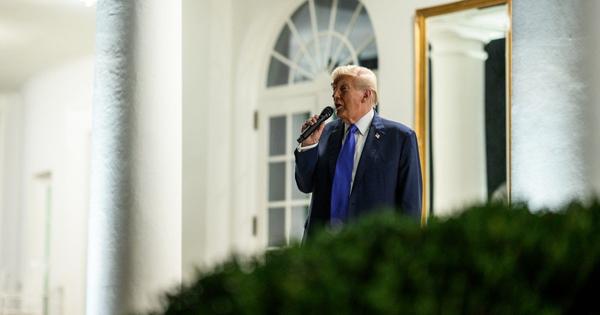President Trump blames foreign competition for the decline of the U.S. movie-making industry.
United States President Donald Trump announced his intention to impose a 100% tariff on films produced outside the country. He characterized the loss of the U.S. movie-making business to other nations as akin to stealing ‘candy from a baby’. This statement underscores his belief that American filmmakers and studios have been unfairly displaced by foreign competition.
During his remarks on social media, Trump expressed concern over the impact on California, stating that the state has been particularly affected due to its “weak and incompetent governor.” The comment was a direct reference to California Governor Gavin Newsom, a member of the Democratic party and a political opponent of Trump. California is home to many significant film studios, especially in Los Angeles, making it a focal point for the movie industry.
Trump’s announcement comes as part of a broader strategy to address what he termed a “long time, never ending problem.” He had previously hinted at such measures back in May, when he threatened tariffs on foreign films but did not elaborate on specifics at that time. During that earlier statement, Trump noted that various countries are providing incentives to attract U.S. filmmakers and studios, contributing to what he described as a devastating trend for Hollywood and other American film sectors.
On the same day, Trump also mentioned plans to impose substantial tariffs on countries that do not manufacture their furniture in the United States. While he did not elaborate on the details of this policy, he indicated that it would help restore North Carolina’s furniture industry, which he claimed had been severely impacted by competition from China and other countries. The president’s remarks reflect a consistent theme in his administration’s approach to trade, which emphasizes protecting American jobs and industries from foreign competition.
As these tariff proposals unfold, it remains to be seen how they will affect international film distribution and production, as well as the broader implications for U.S. trade relations. The entertainment industry, which has long enjoyed a global presence, may face new challenges should these tariffs be enacted. The potential impact on collaborations and partnerships with foreign filmmakers and studios is also a significant consideration as the U.S. government seeks to recalibrate its trade policies in favor of domestic industries.








